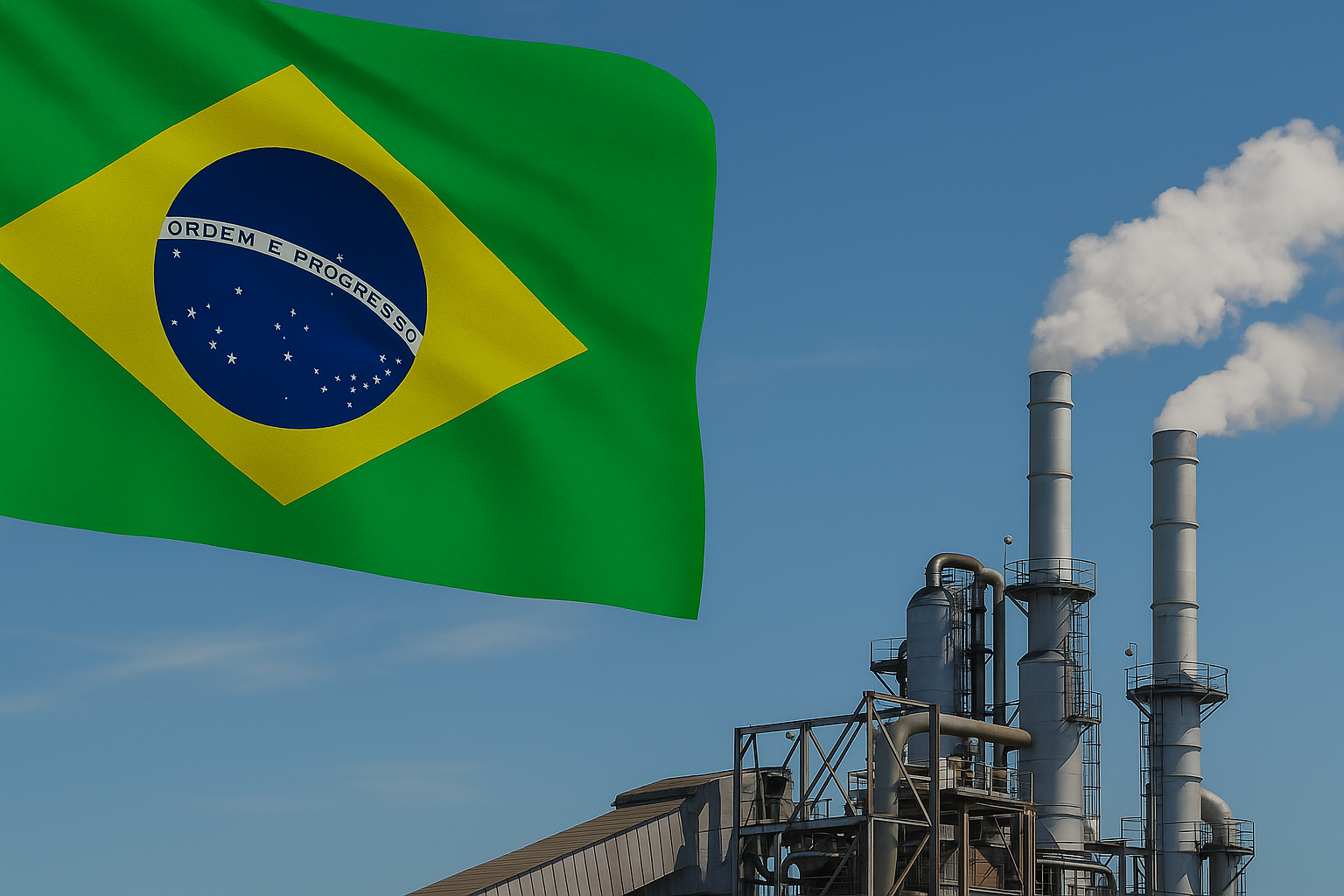您想继续阅读英文文章还
是切换到中文?
是切换到中文?

THINK ALUMINIUM THINK AL CIRCLE

In a recent breakthrough for industrial decarbonisation in the Global South, Brazil has secured USD 250 million in international climate financing to steer its transition to low-carbon manufacturing for five major focus sectors. The announcement, which was made by the Climate Investment Funds (CIF) under its Clean Technology Fund, anoints Brazil as a frontrunner among emerging economies in charting a sustainable path for hard-to-abate sectors such as aluminium, cement, steel, chemicals, and fertilisers.
 Image for referential purposes only
Image for referential purposes only
The funding will attract the formulation of a comprehensive investment plan led by Brazil’s Ministry of Development, Industry, Trade and Services (MDIC). The plan will map out sector-specific interventions, financing instruments, and policy measures to decarbonise industrial production while crowding in private capital. According to CIF, Brazil ranked at the top among 26 competing nations in technical readiness and policy coherence.
Brazil’s commitment aligns squarely with its national industrial policy framework, ‘Nova Indústria Brasil’, launched in early 2024. It integrates energy transition and circular economy as two of its six central pillars. Mission 5 of the policy explicitly targets industrial decarbonisation.
The MDIC stated that the proposal aligns with Mission 5 of New Industry Brazil, which was launched in January 2024 to strengthen the national industry by 2033 through the provision of credits and subsidies.
Mission 5, titled “Bioeconomy, Decarbonization, and Energy Transition and Security to Ensure Resources for Future Generations,” includes specific measures aimed at enhancing the country’s circular economy practices. This initiative has given rise to the National Circular Economy Strategy, which has resulted in the approval of the National Circular Economy Plan.
Yet, while federal policy has moved decisively, regulatory bottlenecks persist, notably in areas like recycling, plastics regulation, and waste valorisation. These remain sticking points for the circular economy ecosystem, which must be addressed if Brazil is to deliver on its climate and industrial ambitions.
…and so much more!
SIGN UP / LOGINResponses


